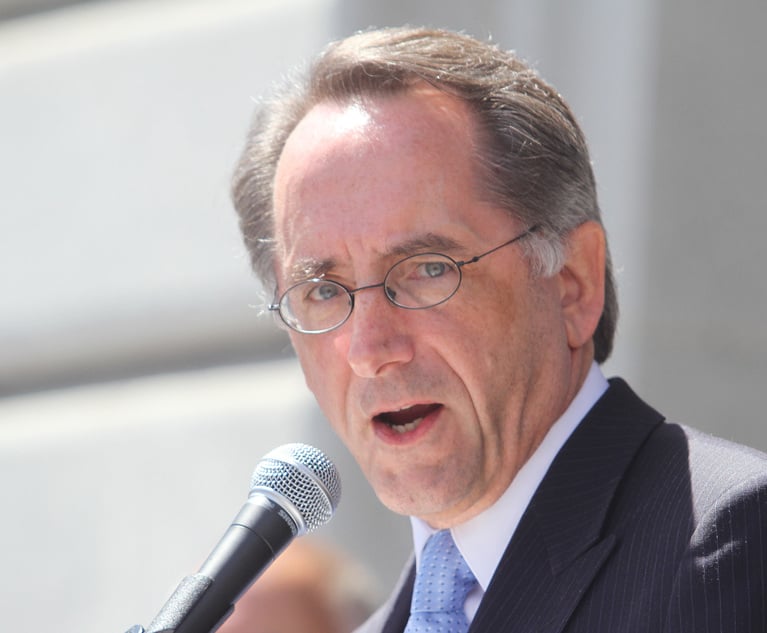Twenty-two states, including California, and the District of Columbia, Guam, and Puerto Rico, protect both public and private employees from discrimination on the basis of their sexual orientation. But in more than half the country, a gay person can get married legally on Saturday, and for doing so be fired legally on Monday, so far as state and local law are concerned. For gay employees in 28 states, Title VII of the Civil Rights Act of 1964 is the only possible protection. Indeed, the U.S. Equal Employment Opportunity Commission (EEOC) received 1,762 LGBT-based sex discrimination charges in FY 2017, up from 1,100 in FY 2014.
Prior to 2017, every federal circuit to consider the question of whether Title VII’s prohibition of discrimination based on sex includes sexual orientation answered negatively. But since the U.S. Supreme Court’s holding in Obergefell v. Hodges, 135 S. Ct. 2584 (2015) that same-sex marriage is a constitutionally protected fundamental right, the EEOC began asserting that sexual orientation discrimination is inherently sex discrimination under Title VII. Courts, the EEOC and the U.S. Department of Justice (DOJ) are grappling with the issue.


 Gay Crosthwait Grunfeld, managing partner, left, and associate Marc Shinn-Krantz, right, of Rosen Bien Galvan & Grunfeld.
Gay Crosthwait Grunfeld, managing partner, left, and associate Marc Shinn-Krantz, right, of Rosen Bien Galvan & Grunfeld.




